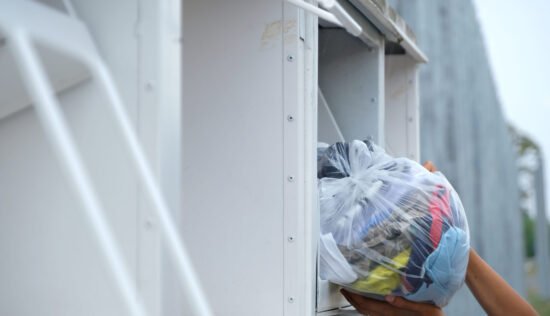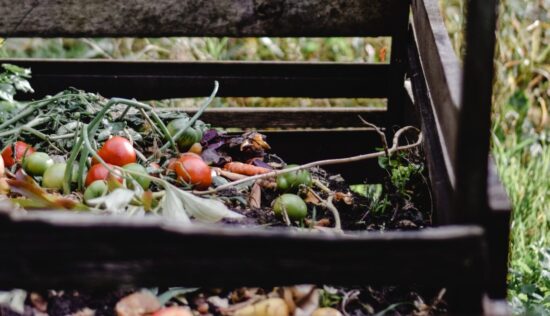If there is one issue at the intersection of health, environment, and people’s empowerment it is menstruation. Evidence of the serious environmental, health and social impacts that the production, consumption and disposal of single-use menstrual products create is building.
Most conventional menstrual products being sold on the EU market are single-use, made of 90% plastic contributing in large to waste generation and marine litter (most of these products end up incinerated, landfilled or littered which leads to serious environmental impacts).
These products also contain a cocktail of toxic chemicals which are known to be endocrine-disrupting substances linked to heart diseases, infertility and cancer (harming menstruator’s health). Not everyone that needs menstrual products has access to them (one in five women cannot afford basic single-use menstrual products in the EU, contributing to menstrual poverty); and people with the least economic power have the greatest exposure to these dangerous products since the cheapest single-use menstrual products are often those with the most potential to damage our health and planet.
This webinar was part of the #environmenstrualweek 2021, and examined in greater detail these impacts and provided solutions on how to achieve social and environmental justice for menstruators. The key questions addressed were:
- What does the evidence say on the environmental impacts of single-use menstrual items comparing to reusable ones?
- What are the biggest health and social issues associated with single-use menstrual products?
- How to achieve social and environmental justice?
Learn more on: https://periodpower.eu/ and www.wen.org.uk/environmenstrualweek/




